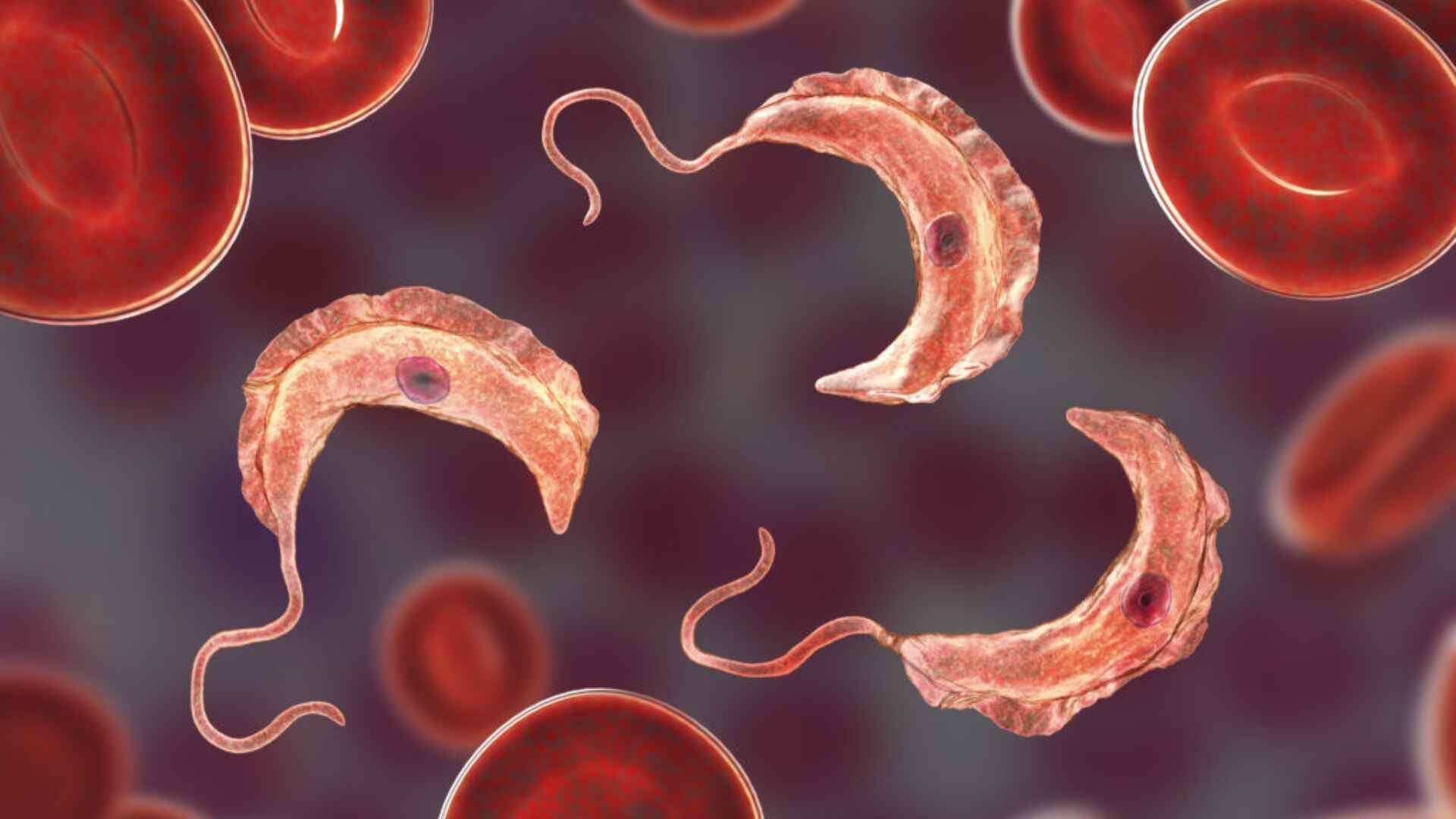The World Health Organization (WHO) has released an updated list of over 30 pathogens that have the potential to trigger the next pandemic. This list includes well-known viruses such as influenza A, dengue, and monkeypox, along with new bacterial strains responsible for diseases like cholera and plague. The WHO aims to prioritize research and preparedness efforts against these high-transmissibility threats, which currently lack vaccines.
Evaluation and Selection Process
According to a report by Nature, more than 200 scientists spent two years evaluating evidence on 1,652 pathogen species to compile the updated list. These pathogens were chosen based on their high transmissibility and virulence, as well as the limited availability of vaccines and treatments. The new list includes several strains of influenza A viruses, five new bacterial strains, and the Nipah virus, which has recently been found in India.
Preparing for Future Threats
The WHO’s list not only identifies priority pathogens but also includes prototype pathogens that could serve as models for research and development of therapies and vaccines. In the South-East Asia region, priority pathogens include Vibrio cholera O139, Shigella dysenteriae serotype 1, and Henipavirus nipahense, among others.
The WHO emphasizes the importance of focusing on entire pathogen families to enhance preparedness for emerging threats, including unknown threats referred to as ‘Pathogen X,’ which could cause future pandemics.






